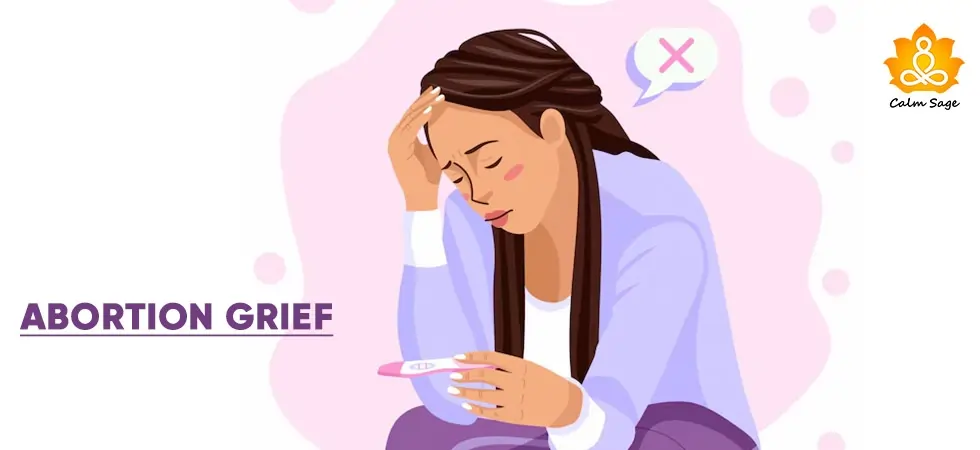Intermittent Explosive Disorder | Symptoms, Causes & Treatment

IED or Intermittent Explosive Disorder is a behavioral disorder that causes a person to act impulsively, aggressively, and violently. These outbursts and reactions are mostly irrational and out of context to a situation.
While all of us are prone to lose our temper every once in a while, people with IED are more prone to frequent and recurring outbursts of rage, temper tantrums, violent reactions – verbally and physically. Examples of IED are; road rage, domestic abuse- emotional and physical, breaking objects, etc.
These explosive reactions can cause a person severe distress, negatively affect relationships – at work and at home, and can cause legal and financial stress.
Symptoms Of Intermittent Explosive Disorder

IED can be recognized by these signs and symptoms:
- Increased yelling and argumentative behavior
- Frequent temper tantrums and rage
- Constantly issuing threats
- Punching walls or breaking objects
- Damaging property
- A physical violent reaction such as slapping or shoving
- Constantly getting into fights
- Domestic violence and assault
These symptoms can occur suddenly, with little to no warning, and may last up to 30-45 minutes. These explosive episodes may occur frequently or may be separated by weeks or months. These episodes may cause a person to feel;
- Tightness in chest
- Tremors
- Irritability
- Increased bursts of energy
- Increased heart rate
- Racing thoughts
People with IED may experience feelings of emotional numbness, tiredness, fatigue, guilt, and relief.
Causes & Factors Of Intermittent Explosive Disorder
There are no singular factor or cause that can justify a person having an IED. But it is said that the causes could be a combination of genetics, environmental factors, and situational factors. Episodes of IED can begin at an early age. This disorder is more common in younger adults.
1. Genetics:
If one or both parents have had a history of explosive and violent outbursts then it is a possibility that the behavior can be passed down to their children.
2. Environmental/Situational:
It is possible that people who grew up in abusive households may develop IED. Being exposed to this behavioral condition at an early age can cause an adult to exhibit signs and symptoms of IED.
3. Family History:
If a person has a history of physical or emotional abuse and other mental health disorders then they are also at risk of developing IED.
Intermittent Explosive Disorder can often mirror symptoms of other mental health disorders such as:
- Attention Deficit Hyperactivity Disorder (ADHD)
- Oppositional Defiant Disorder (ODD)
- Bipolar Disorder
- Anxiety Disorders
- Depressive Disorders
- Post-traumatic Stress Disorder (PTSD)
- Antisocial Personality Disorder
- Borderline Personality Disorder
Treatment Of Intermittent Explosive Disorder
There are various treatment options available for IED. Some of them are:
1. Psychotherapy

Cognitive-behavioral therapy (CBT) is the most common treatment offered for treating IED. CBT focuses on identifying and changing the negative behavioral and thinking patterns into positive ones. This therapy helps a person develop healthy coping skills and relaxation techniques to help deal with intermittent explosive disorder in the long run. Just reaching out to a mental health professional can help a person deal with IED.
Click Here to Get Help from Licensed Therapist
Disclaimer: As BetterHelp Affiliate, We may receive compensation from BetterHelp or other sources if you purchase products or services through the links provided on this page.
2. Lifestyle Changes

Incorporating some lifestyle changes into daily life can also help a person help deal with IED in a healthy way. Some of the changes a person can make are:
- Maintaining a healthy sleep schedule
- Staying physically active
- Avoid or limit the use of alcohol and drugs
- Keeping a balanced diet
- Eliminating the stressors causing violent or explosive behavior
- Practicing meditation or relaxation techniques
- Trying acupressure, massage, or other alternative therapies
3. Medications
There are no such medications to treat IED but meds such as antidepressants (SSRIs in particular), mood stabilizers, or anti-anxiety pills can help reduce the symptoms of the intermittent explosive disorder. Medications can help better if combined with psychotherapy. However, always consult a physician before taking any medication.
Effects Of Intermittent Explosive Disorder

IED can not only affect a person’s life at home and at work but can also affect their day-to-day functioning. People with IED are at a higher risk for developing conditions such as:
- Depression
- Anxiety
- ADHD
- Addiction to various substances
- Eating disorders
- Chronic physical illnesses
- Heart diseases
- High blood pressure
- Ulcers
- Self-harm or thoughts of suicide
Note: If you or your loved one shows signs and symptoms of intermittent explosive disorder then reach out and ask for help from a professional mental healthcare provider.
Final Words
People with intermittent explosive disorder are prone to explosive and aggressive outbursts that can cause them to harm themselves or their loved ones. The signs of IED can be increased bursts of shouting and yelling, physical harm to self and others, constantly getting into fights and brawls, among others.
Causes of IED can be genetic as well as environmental factors. By asking for help from a professional therapist, making some lifestyle changes, and with the help of prescribed medications, the symptoms of the intermittent explosive disorder can be treated.
If you’re facing domestic violence and abuse from your loved one, reach out to a support group or call your local domestic violence helpline.
There is no shame in asking for help.
Stay Safe, Stay Well!





















Very well explained blog with proper symptoms and everything.. thank you team